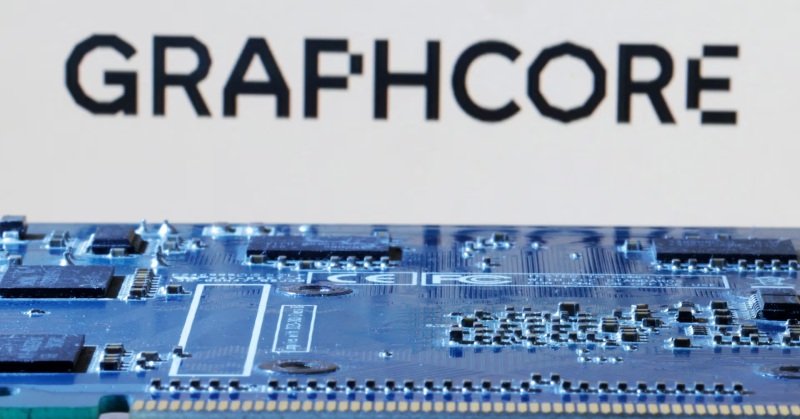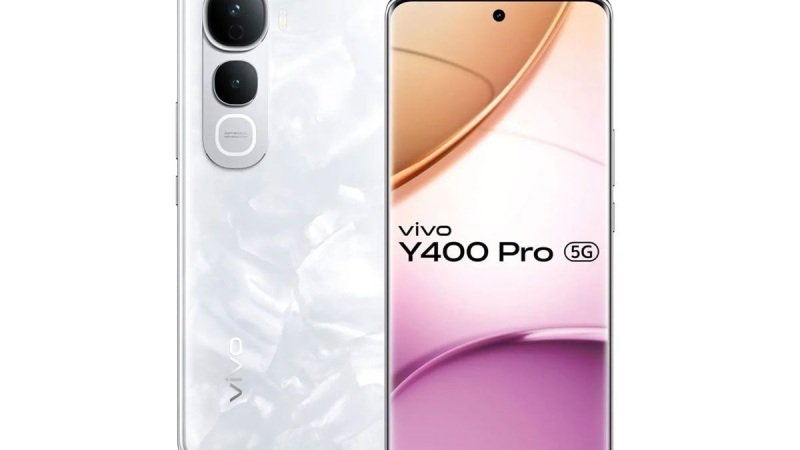For some time, rumors about the deal have been widespread, but lengthy negotiations and the necessity for regulatory approvals delayed any official word from either company until now. Despite the announcement, the main question remains: How much does Japanese multinational SoftBank value Graphcore, a startup seen as a potential competitor to Nvidia in the AI chip sector?
Reports have speculated a valuation of $500 million for months, but Graphcore’s co-founder and CEO, Nigel Toon, was reticent during a Thursday morning press briefing. “We have agreed with SoftBank not to disclose the deal details. Whether anything will be revealed in the future, we’ll see,” Toon stated, adding that the $500 million figure was inaccurate.
Graphcore, founded in Bristol in 2016, developed a new type of processor called an “intelligence processing unit” (IPU), designed specifically for AI workloads, unlike Nvidia’s graphics processing units (GPUs). Graphcore’s IPUs are promoted as a more efficient alternative, with a focus on large-scale parallel processing and executing complex machine learning models tightly coupled with data.
Graphcore raised around $700 million since its founding, achieving a valuation close to $3 billion by late 2020. With significant investors like Microsoft, Sequoia, and angels such as DeepMind’s Demis Hassabis, there were high expectations for Graphcore to become a leading AI company in the U.K. or even Europe. However, the resource-intensive nature of the AI hardware business meant Graphcore struggled to meet these expectations. They missed out on lucrative cloud deals with Microsoft and were bypassed by the U.K. government for its new “exascale” computer plans last year.
Graphcore also faced additional challenges, including a forced exit from China due to U.S. export rules. With increasing losses and nearly four years since its last funding round, an acquisition seemed inevitable, especially given the high demand for AI hardware.
SoftBank has a history with U.K. semiconductor firms, having previously acquired Arm for £24 billion ($31 billion) and later spinning it out as a $55 billion publicly traded company. Arm is now valued at nearly $200 billion, indicating that SoftBank could be a beneficial partner for Graphcore, supporting its AI ambitions across data centers, robotics, and semiconductors.
Despite the acquisition, Toon expressed optimism, noting that he doesn’t foresee any layoffs across Graphcore’s U.K., Polish, and Taiwanese hubs. In fact, the company may significantly increase its headcount in the U.K. Both Toon and CTO co-founder Simon Knowles will remain in their positions.
Graphcore’s independent journey was hampered by the enormous investment required in its field. Toon noted that the rapid advancement and scale of AI technology surpassed their expectations, requiring massive investments for systems involving 100,000 interconnected AI processors, networking, and cooling.
All regulatory approvals have been secured, and Graphcore is now a wholly owned subsidiary of SoftBank, maintaining its headquarters in Bristol and additional offices in London, Cambridge, Gdansk, and Hsinchu. As a subsidiary, Graphcore is expected to play a significant role in SoftBank’s AI advancements, according to Vikas J. Parekh, managing partner at SoftBank Investment Advisers.
Topics #AI #AI Chip #AI Chip Sector #Artificial Intelligence #Graphcore #Japan #Japanese Company #news #NVIDIA #Sofbank











